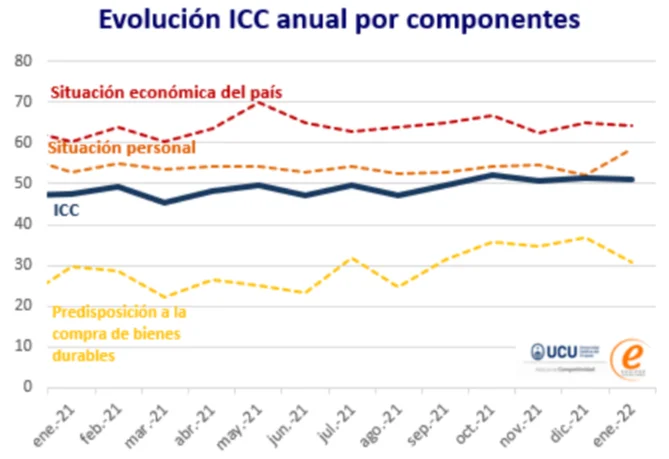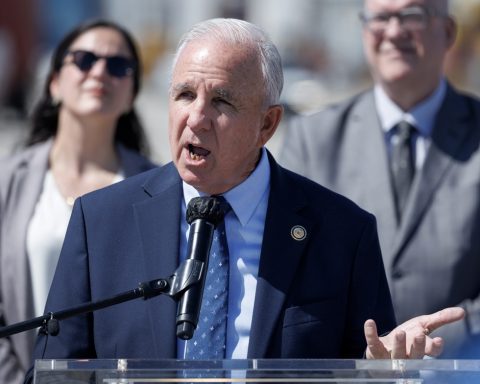The automotive market repeated the downward path it had shown during the first month of the year. In February, 3,557 0 km vehicles were sold in all its segments, a decrease of 5% (200 units) compared to the same month last year. The most significant drop occurred in the utility segment, which fell 29% in the year-on-year comparison with 941 0 km units sold, according to data released this Friday by the Automotive Trade Association (ACAU).
In the case of 0 km cars, the decrease was marginal since it went from 1,682 units in February of last year to 1,630 in 2022. Meanwhile, the sports utility vehicle (SUV) segment showed high growth —as has already been happening several consecutive months ago—going from 586 vehicles in 2021 to 817 this year (+39%).
In the case of trucks, 164 0 km units were placed in the market in February versus 147 in the same month last year.
In January, the 0 km market had shown a fall of 8% in the sale of vehicles, so there was some moderation in February. The exchange rate fell 3.7% in February, the largest monthly drop since October 2012. In the year, the dollar in Uruguay weakened 4.7% against the Uruguayan peso, an element that should play in favor of consumption of imported goods.
The Consumer Confidence Index (ICC) fell 0.3 points in January. It was left with a score of 51.1 and stayed on the edge within the zone of moderate optimism (above 50 points), where it is located since October last year.
The predisposition to purchase durable goods also decreased and “it continues to resemble pre-pandemic levels. The components of the subindex both decreased (household appliances, and automobiles and homes), although in different proportions, with the former being the ones that suffered the greatest impact,” the ICC indicated.

In 2021, ACAU recorded 51,737 vehicle sales 0 km. That number involved more than 15 thousand units above the 2020 figure (36,398 vehicles), a 42% growth with respect to that year, when the economic situation severely punished private consumption.
















